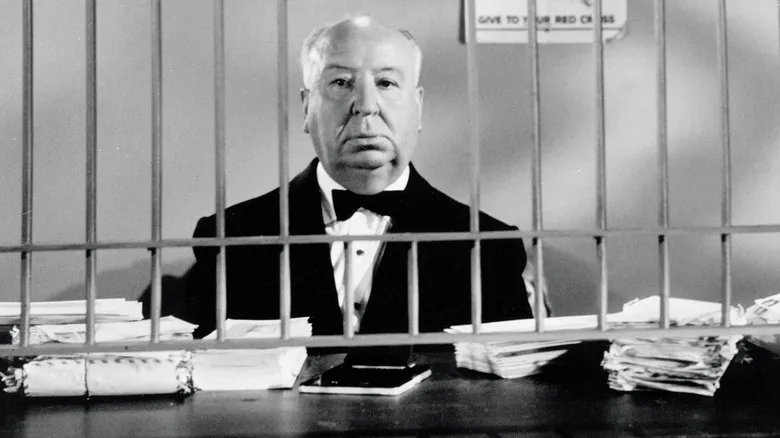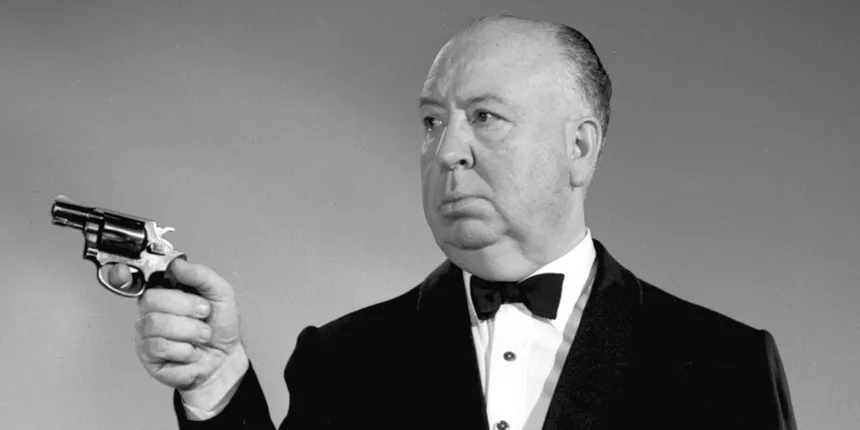Alfred Hitchcock, renowned for his masterful storytelling and technical prowess, cultivated a reputation that cemented him as one of the greatest filmmakers of all time. His struggles with collaborators, however, often mirrored the tension and conflict inherent in his cinematic narratives. Such was the case with his tumultuous collaboration with film producer David O. Selznick.
Their initial collaboration on the critically acclaimed “Rebecca” erupted into a fierce battle of creative differences. Hitchcock, a staunch advocate for directorial autonomy, clashed with Selznick, who exerted significant control over the production process. This tension culminated in a bitter public dispute over the film’s ending. Hitchcock’s resentment towards Selznick’s domineering personality found a chilling representation in the character of Lars Thorwald in “Rear Window.”
Based on the real-life feud, the villainous Thorwald is revealed to be a warped reflection of Selznick. His curly gray hair and signature glasses mimic the producer’s physical appearance, while his manipulative and controlling behavior echoes Selznick’s notorious reputation. This deliberate parallel reveals Hitchcock’s deep-seated frustrations with the notorious producer.

A Still From Alfred Hitchcock (Via IMDB)
Their contentious collaboration on “Rebecca” was merely the beginning. Subsequent films like “Spellbound” and “The Paradine Case” only heightened the tension between the two men. Finally, their paths parted ways when Hitchcock’s contract with Selznick ended.
While Hitchcock found artistic freedom after his liberation, Selznick’s career suffered under the weight of his turbulent partnership with Hitchcock. He retreated from producing, prioritizing other projects and nurturing new talents. His final film, “A Farewell to Arms,” ended his career on a sour note.
The unlikely inspiration for “Rear Window’s” villain stands as a testament to the lingering tensions between creators and those who seek to control their artistic vision.
























